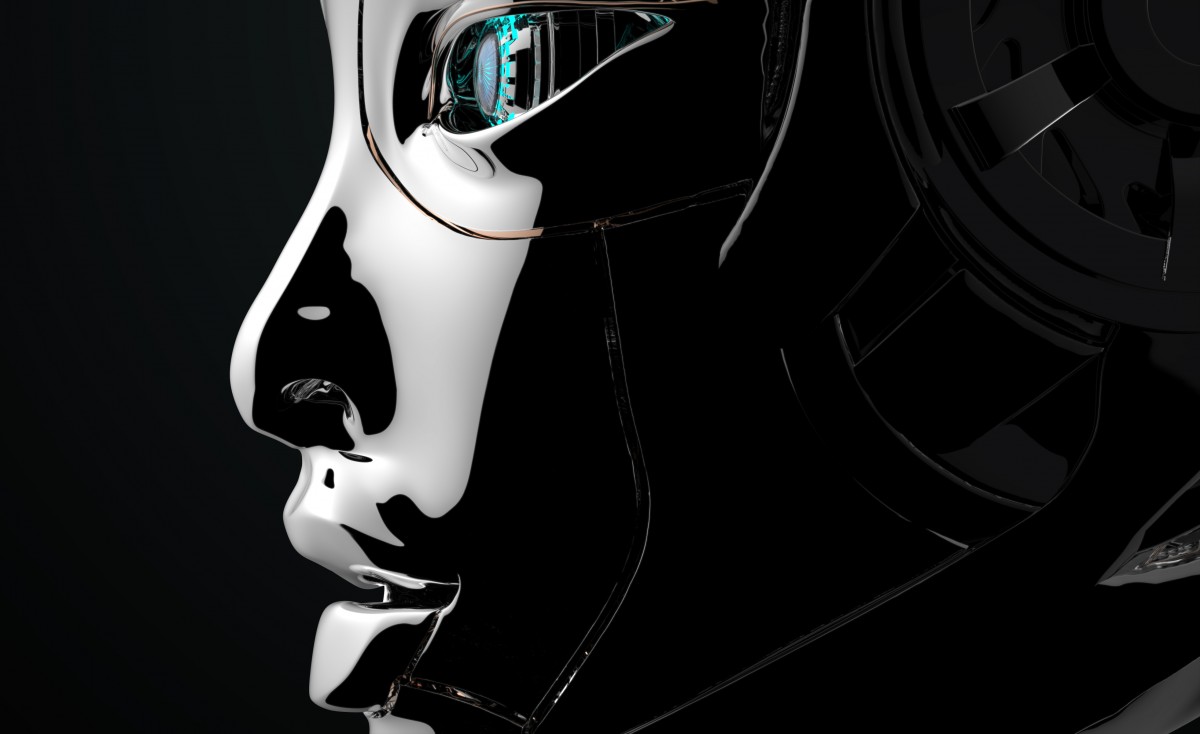Oxford Economics’ latest report estimating that robots are expected to ‘replace up to 20 million factory jobs’ by 2030 opened up a heated debate about what the future of the workforce would look like. One of the most worrying potential outcomes being the impact it will have on already stagnating wages. According to the report, each new industrial robot will wipe out 1.6 manufacturing jobs, with the least-skilled regions being more affected. However, for the most part, these are just scary soundbites being used to fearmonger people. Businesses need to shift their attention away from the misconceptions of AI and automation and focus on the many positives it can bring to its employees and the workplace overall. Automation will not only boost jobs but encourage economic growth. If deployed correctly, AI and automation could be the perfect digital workforce assistant (the secret weapon every business wishes they had up their sleeve). Instead of replacing jobs, these developments can help your business strike the right balance between technology and that all important human touch.
Misconception 1 – Customer service will be impersonal
There is no denying a human touch is the cornerstone of customer experience however, we are starting to see AI and automation customer service success stories from the likes of big brands such as Sainsburys. Thanks to automation, Sainsbury’s has improved call delivery procedure by successfully integrating an Interactive Voice Response (IVR) system, automated by Synapse, the AI-powered logic-building software, which facilitated intelligent call routing so that Sainsbury’s customers were diverted to the most appropriate resolution, whether that an automated response by a virtual assistant or to a live advisor.
By freeing up time previously spent on monotonous tasks, workers can dedicate more of their resources, time and skills on the evolving needs of today’s customers. One element that is proving particularly effective is AI’s predictive capabilities, which can estimate which customer requests can be diverted to contact centres, to free up instore resources before they’re even submitted, as well as improving the efficiency of the supply chain process.
What’s exciting is that automation provides brands more opportunity to provide high-quality, more engaged and memorable customer experiences. This is helping brands to retain the loyalty of their existing customers as well as attract new ones. In today’s climate, brands must keep their pulse on technological developments otherwise they risk losing their customers to competitors.
Misconception 2: Workforce morale will deteriorate
One of the most common misconceptions surrounding robots replacing jobs is the negative impact this will have on workforce morale. However, with the UK’s productivity record being less than favourable, only rising by 0.5% last year, Britain is in need of new solutions to keep employees engaged. This is where AI and automation comes in. Not only can these new technologies help to reduce the workload of employees, they can take away the repetitive, mundane tasks, allowing workers to focus on the human element of work, that requires more creativity and innovative thinking. Ultimately, when employees are able to focus more time on the interesting and rewarding aspects of roles, their productivity and satisfaction levels are bound to rise. In turn, this will also increase employee retention rates within companies.
One area we are already seeing evidence of this, is within companies’ HR departments. HR teams are using AI-enabled automation to streamline the recruitment process and improve workers productivity; whether it’s sorting through CVs submitted online or through third parties to identify potential candidates. This just goes to show how automation allows teams to focus on tasks that require a human touch, such as interviewing candidates face to face. Rather than devoting resources and people to a repetitive, time-intensive job.
Misconception 3 – AI and automation will overshadow employees
When the topic of AI and automation is raised what is often forgotten is the various opportunities that will arise as a result. As these new technologies are deployed more widely employers will have to upskill and reskill their employees so they’re prepared for the future of the rapidly changing workplace. This provides the perfect opportunity for workers to develop and hone their technological skills. According to the World Economic Forum (WEF), organisations need to act now in equipping their staff so they can take full advantage of the opportunities the “Fourth Industrial Revolution” has to offer.
However, although employers may be the facilitators of this workforce transformation, the government and individuals also have crucial roles to play. For instance, the government should look to enforce more technical and “soft skills’ training throughout the education system. Whereas individuals should take a proactive approach to develop their own skills learning when it comes to technology. At the end of the day, a lot of these new jobs will be centred around understanding and managing the technology. What must be remembered is that AI and machine learning are still in their infancy and still rely on human intervention to guide their deployment. Ultimately, the more awareness and understanding there is about AI and automation the more successful its implementation and our collaboration with them will be.
Looking to the future
Once businesses dispel the negative rumours surrounding AI and automation and start to gain an understanding of its capabilities and substantial benefits, there is no doubt that companies will be lining up to implement this into their strategies. Looking to the future there is no preventing the workplace from changing. Businesses need to realise that successful implementation is all down to proper preparation.




